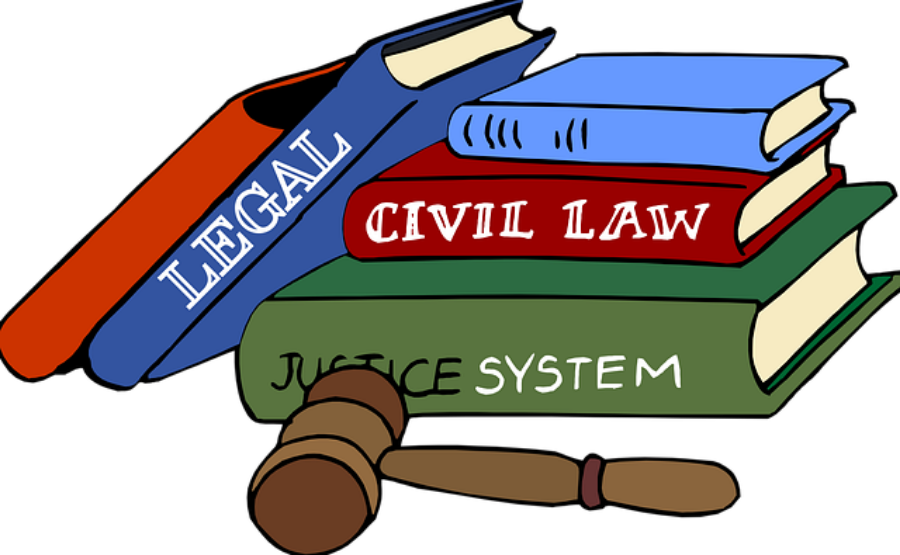
Many formal proceedings and applications require you to swear an affidavit under oath or, alternatively, to make an affirmation as part of the documentation. Some examples of when this is required are:
- when you need to obtain a passport,
- when you need to prove service of legal documents,
- when applying for a mortgage or other type of loan,
- as part of the process for changing your name,
- when obtaining a replacement for a lost or destroyed driver's license, birth certificate, social insurance card, etc.
Affidavits
The word 'affidavit' is Latin for 'he has declared upon oath'. Simply put, an affidavit is a sworn statement which sets out the facts relating to the matter. The affidavit must be signed in front of a person authorized to administer the oath or affirmation (usually a notary public or commissioner of oaths). Swearing or affirming an affidavit is the same as giving testimony under oath in a courtroom and the same penalties for perjury apply to giving a false affidavit as for giving false evidence on a witness stand.
In Canada and the United States, applications for most court orders require an affidavit in support of the application to be submitted along with the notice of motion for the order. Just because an affidavit is legal in one jurisdiction does not mean it will be accepted in another. If you are going to use an affidavit in a different country, it is advisable to have it certified for international use by way of an apostille, which makes it legally acceptable in all countries that are parties to the Hague Convention.
Statutory Declarations
A statutory declaration is another form of legal statement provided for by the laws of various Commonwealth countries. In essence, a statutory declaration is the same as an affidavit except that it is not made under oath. It must still be signed in front of a notary public or commissioner of oaths, just the same as an affidavit. The penalties for intentionally making a false declaration are the same as for perjury, and can range from fines to prison terms. In Canada, statutory declarations are used for matters outside of the court. In Australia, declarations can be used in judicial proceedings, but may not have the same weight as a sworn affidavit.
Depositions and Discoveries
In both the United States and Canada, a deposition (oral testimony) of a witness may be taken outside of court by any lawyer involved in a civil case prior to the start of court proceedings. This testimony is written down and submitted as evidence during the trial. Depositions are part of the process known as 'discovery', during which the parties to a lawsuit are required to disclose the facts and information relevant to the subject matter of the case as part of the pre-trial preparation phase.
Image by Pixabay.com

